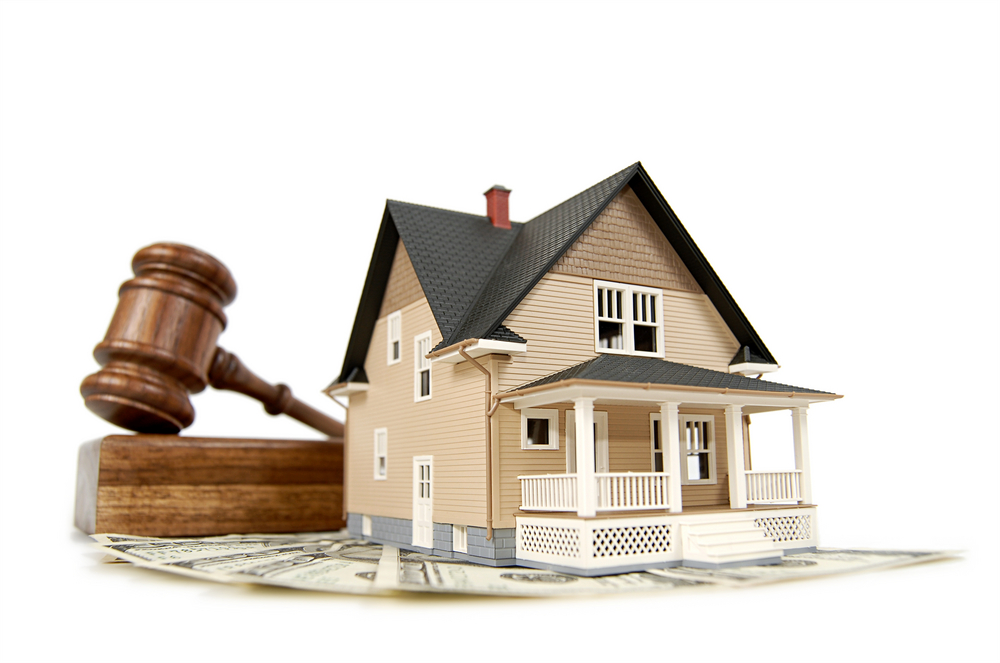The Real Estate Auction Process
By Than Merrill
To quote a famous line from The Godfather, “this is business, not personal.” This quote, as memorable as it is, should be streaming through your head every deal you get involved in. There is plenty of competition in the real estate business and depending on the area you are in, you may come across the same investors on nearly every occasion. Competition is something that should be used to drive you to work harder, but it can also work against you. When you are dealing with any type of auctions, you need to remember you are bidding on a property and not against your competition. This is business, never personal. Don’t allow your personal affinity towards or against someone drive your purchases. The real estate auction process is a great tool to use to your advantage, but it must be use with responsibility.
If you have never been to an auction before, it is easy to get caught up in the moment. You may have pinpointed just one particular property from the dozens of other properties that may be up for auction that day. The problem usually is that you may not be the only investor that sees potential for this property. The mistake that is often made with novice auction investors is going into the auction without a plan. They feel that they have put the time in doing their due diligence on the property and should be rewarded. They are set on getting this property, regardless of what they have to do and who they have to bid against. They forget that they are bidding on a property and not against someone else in the room.
Regardless if the auction is on tax lien property or any other type of auction, the bidding is done without the advantage of seeing the interior of the property. Obviously, there is a huge risk vs. reward factor with these properties and the key is knowing as much as you can about the property and the area. Look at the comparable listings and sales and find out the listing history with the subject property. Drive the neighborhood at different times of the day to get a sense of what the area is really like. Walk the exterior of the property and drive in from any alternate streets. If you see a neighbor, ask them if they noticed any work being done on the property in the past few years, if there were any pets and if they knew if the owner smoked. The more information you have, the more confident you will be once the auction starts.
Before the auction starts, you need to have a max offer amount for each property, but you also need to get a feel of who else is bidding. While you never want to go over your max amount, it is rather foolish to lose a property that you see potential in by not bidding just $500 or $1000 to secure the bid. That being said, you also need to know where to draw the line and not get caught up with what is going on. If someone makes a comment to you or tries to get you off your game, you need to remember why you are there and what the ultimate goal is. This is not as easy as it sounds, but by overpaying on a property you don’t really love, you start out behind the eight ball.
Real estate auctions can be an exciting and profitable way to find deals, but you need to remember that it is just business and never personal.